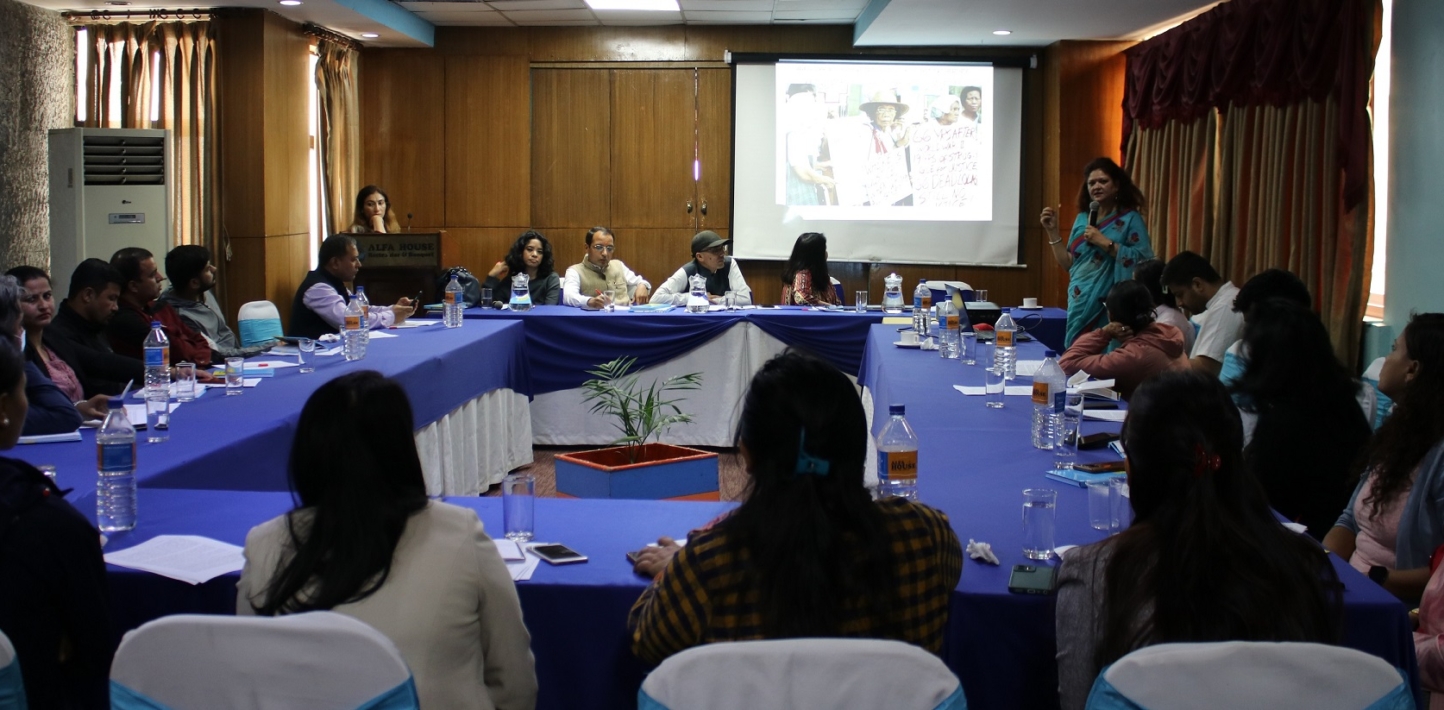On 13 April 2023, Amnesty International Nepal supported and facilitated a roundtable discussion with journalists working in various media houses of Nepal on transitional justice (TJ). The event was attended by 23 journalists, a lawyer and two victim activists of the armed conflict. The program was facilitated by Kamala Panthi, a journalist and radio presenter at Radio Kantipur.
The panelists spoke on several issues regarding transitional justice including the current amendment bill tabled in the Parliament and answered questions posed by the journalists.
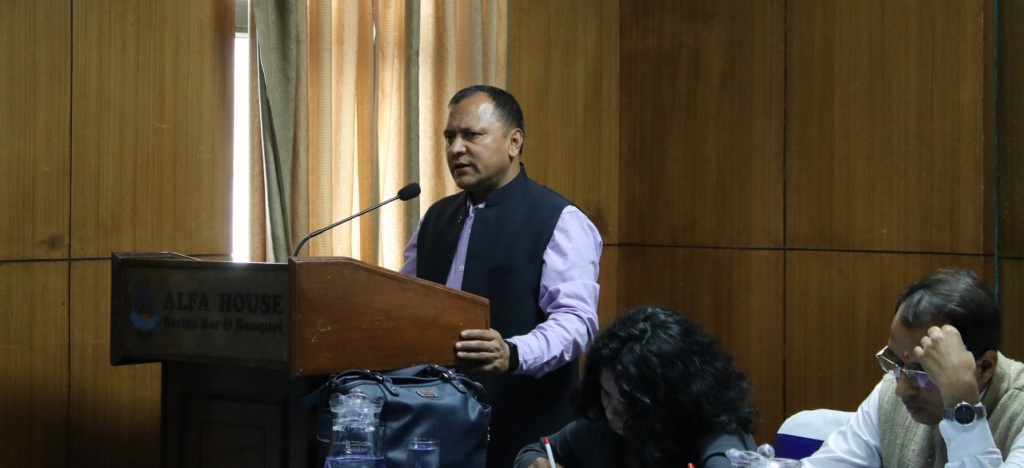
Delivering an opening remark, Nirajan Thapaliya, Director of Amnesty International Nepal touched on how the government has failed to deliver its obligation to provide truth, justice and reparations to the thousands of victims of conflict in Nepal even as 16 years has elapsed since the end of the conflict, and therefore urged the journalists, as frontline human rights defenders, to continue prioritizing the reporting, critiquing and generating public opinions on this issue. He also added that the program aimed to have a critical discussion on the amendment bill including the flaws inherent in it and the consequence of not complying with the court jurisprudence as well as the international human rights standards.
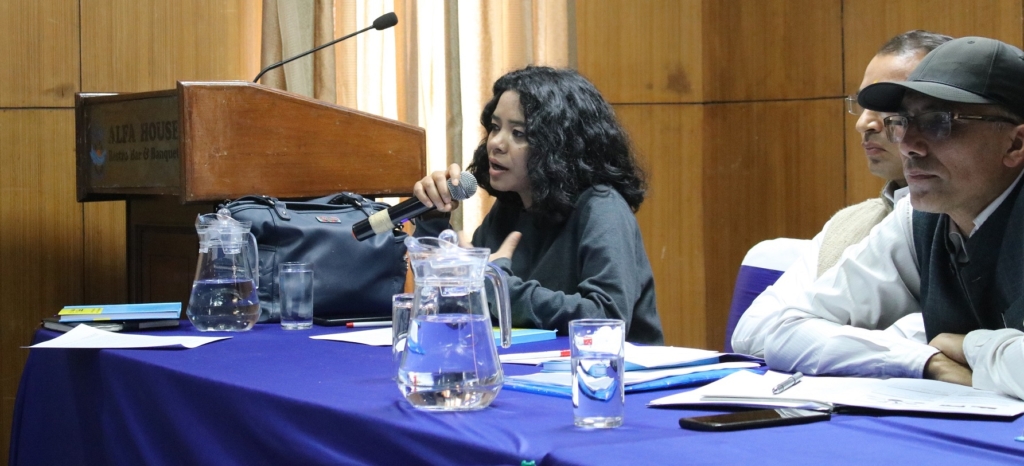
Gita Rasaili, Vice-Chair of Conflict Victim Women’s National Network, said that because of the government’s lack of urgency in delivering justice, the victims of conflict now feel exhausted to carry on, and that the issue of transitional justice has been badly politicized with politicians using the agenda for their personal political benefits. But she stressed that it is now more important than ever to not give up, and safeguard the movement for justice.
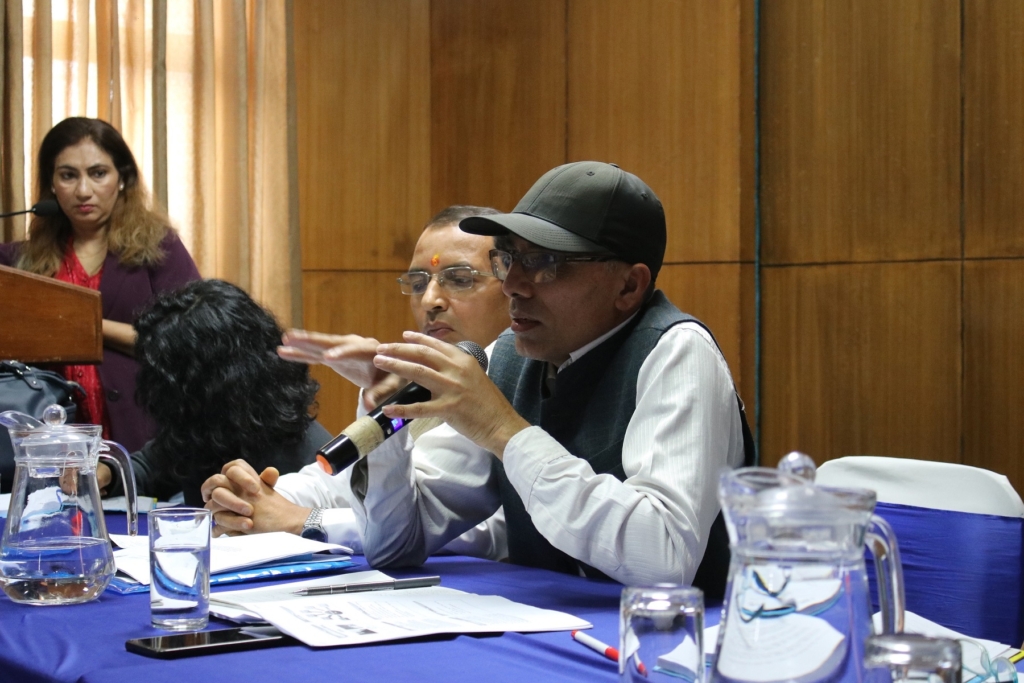
Suman Adhikari, the founding Chair of Conflict Victims’ Common Platform stated that similar consultations, discussions, and deliberations are necessary and important in order to achieve a just conclusion for all the people who have been treated unjustly by the State. “Until this point, both personally and as a movement, the victims have gone through too much and are now in a state of anger, fatigue, disappointment, dismay and betrayal. They have experienced that the State and the political forces have employed the tactics of ‘delaying, diluting and denying’ the victims’ pursuit of truth and justice. Top leaders of the political parties who have time and again led the government are averse to addressing the plight of the victims”, Adhikari added.
While moving forward, he urged that there must be a clear roadmap, a time-bound deadline, and procedural guarantees. He also urged the media to exercise media power and editorial freedom and keep the issue alive in their coverage and reporting. Immediate interim relief, especially to victims of sexual and gender-based violence, and gradual redressal of other issues through a consultative and participatory law-making process is essential, he added.
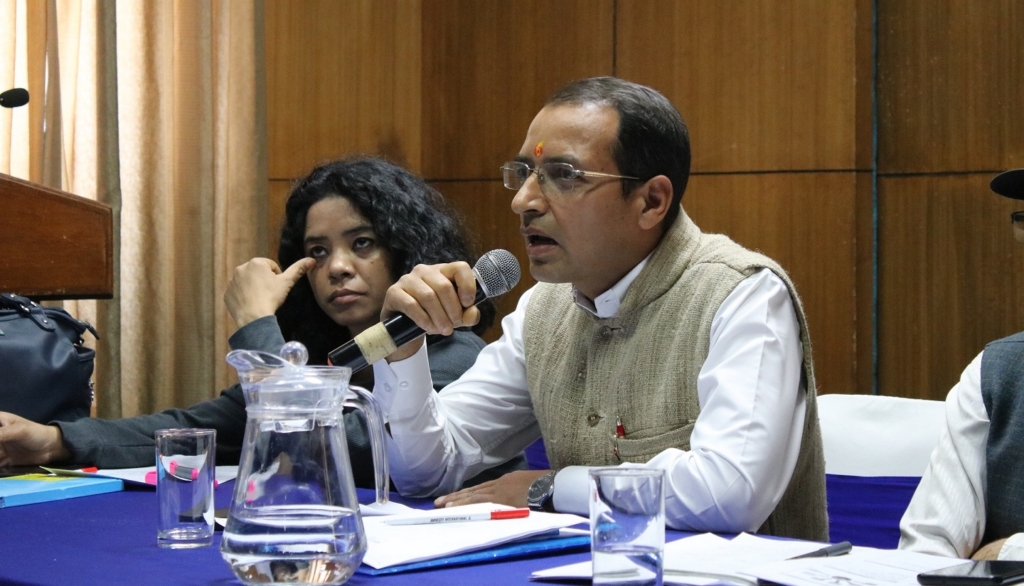
Providing a general overview of the context, Raju Chapagain, constitutional lawyer and legal expert in the issue of international law and justice, said that the context of the TJ processes in South Africa and Colombia may not fit in Nepal as the situation in Nepal is unique on its own. The commitments made by Nepal at the international platforms as well as the obligations for Nepal arising from the international human rights treaties necessitate a different direction than those charted in other countries. He also highlighted the key shortcomings in the current amendment bill such as the listing of “murder” and “torture” with qualifiers like “serious” and “inhuman and cruel” in the category of non-amnestiable crimes while leaving “less serious” and/or “less cruel” torture or killings as amnestiable crimes; removal of the definition of enforced disappearance from the Act, and listing of sexual and gender-based violence as an amnestiable crime in the current bill.
In order to make the Commissioners’ appointment process a bit more credible and independent, he advised the need to add one more former justice in the Recommendation Committee. He advised that the judicial discretion to determine whether or not the case sub-judice in the courts relate to the conflict must not be transferred to the Truth Commission, that the the tenure of the commissions should be three years plus one year, that there must be left some leeway within the one-year statutory limitation in the bill so that grave crimes that may require longer duration for the investigation are not excluded from the prosecution due to this limitation. He also argued that cases involving serious violations of human rights must be adjudicated by the regular courts notwithstanding the administrative or departmental sanctions conferred earlier.
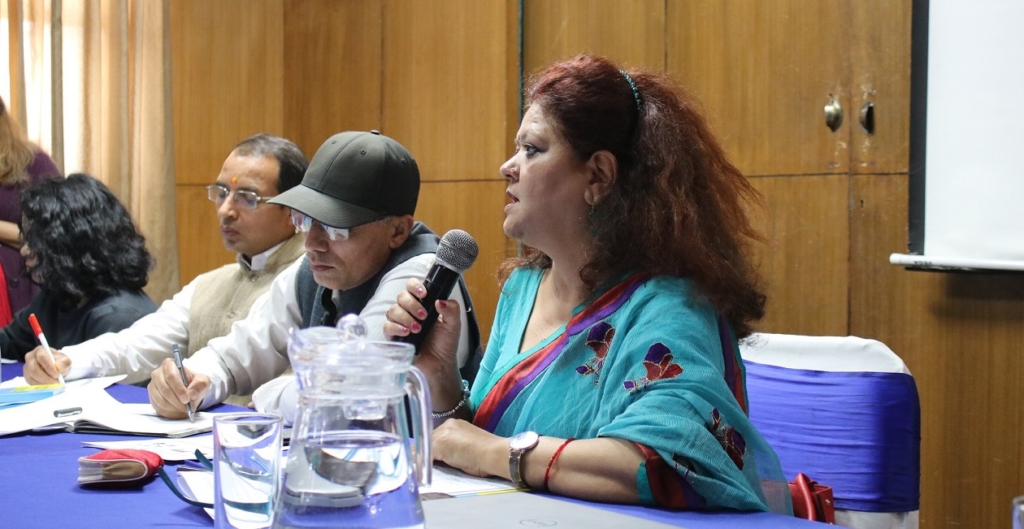
Babita Basnet, a senior journalist, shared the example of a struggle for justice by the “comfort women” who were victims of sexual and gender-based violence during the second world war at the hands of the imperial Japanese Army. She explained the essential role the Japanese media played in helping sustain the cause of justice for these women, and noted that the Nepali media too has an immense role to keep the issues of transitional justice alive in Nepal. While the media is bound to highlight and focus on the commitments of the political leaders, it must also follow up on the implementation of such commitments in order to hold them accountable, she said. She further added that the State has made errors after errors including during the signing of the Comprehensive Peace Accord by not giving due regard to the issue of transitional justice in its text, and during the adoption of the Implementation Plan of the UNSC Resolutions 1325 and 1820 on women, peace and security and sexual and gender-based violence in armed conflict, and by adopting the mindset that justice merely means providing some monetary support.
The programme was concluded after a round of question answer session where journalists asked various questions relating to transitional justice such as the distinction between the “lawful” and “unlawful” killings in the context of conflict, prospect of prosecution of the alleged perpetrators in the foreign courts, applicability of the principle of universal jurisdiction, among others.


